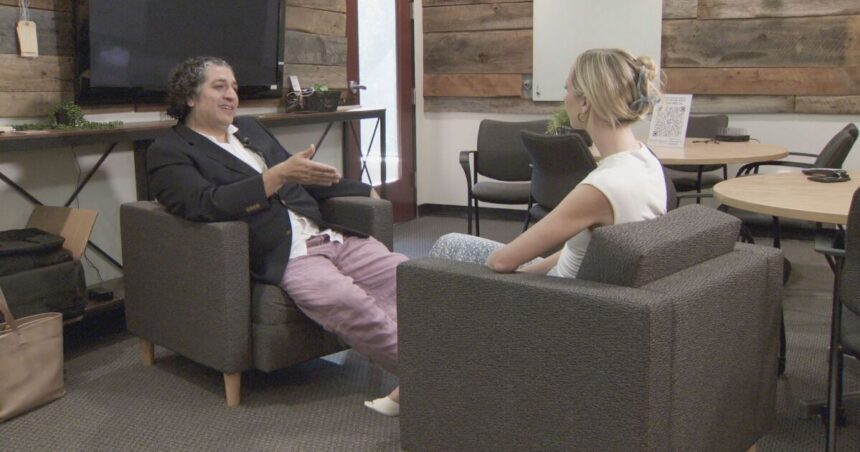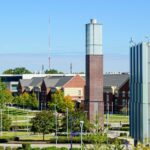The Federal Reserve has made headlines this week by announcing its first interest rate cut since December, a move intended to stimulate the economy and reduce unemployment. This decision reflects a shift in focus, with Fed leaders prioritizing job growth over persistent inflation concerns. The interest rate cut aligns with ongoing calls from the President for measures to foster economic expansion.
Dr. Julio Rivas, an economics professor at Lipscomb University, shared insights on how this reduction could affect borrowers and the economy at large. With lower interest rates, purchasing a home, securing a car loan, or accessing credit should become more attainable for consumers. According to Dr. Rivas, the hope is that decreased rates will encourage businesses to invest more in their operations, leading to job creation and increased construction activities. This cycle of investment and hiring is seen as crucial for stimulating economic growth.
For individuals invested in the stock market, this cut could be a positive signal. Historically, reductions in interest rates have been linked to rising stock market trends, suggesting that investors might see favorable outcomes in their portfolios. Additionally, those with existing loans or mortgages at higher rates may find opportunities to refinance at more advantageous terms.
However, Dr. Rivas cautioned that the economic repercussions of this rate cut may not be immediately apparent. The unpredictability of varying economic factors makes it challenging to forecast future conditions accurately, especially in light of recent volatility in the housing market.
There are also potential downsides to consider. Savers may see lower returns on interest-bearing accounts as a result of these cuts, which could impact those relying on passive income from savings. As the Federal Reserve hinted at additional rate cuts in the future, experts continue to monitor how these changes will influence consumers and the overall economy.
In another matter affecting local residents, a clinic in Hermitage catering to patients with intellectual and developmental disabilities faces closure due to funding losses. The Kamer Davis clinic plays a vital role in the community, and staff passion for patient care is evident. As the situation unfolds, community members hope for intervention that could provide solutions to keep the clinic operational.







